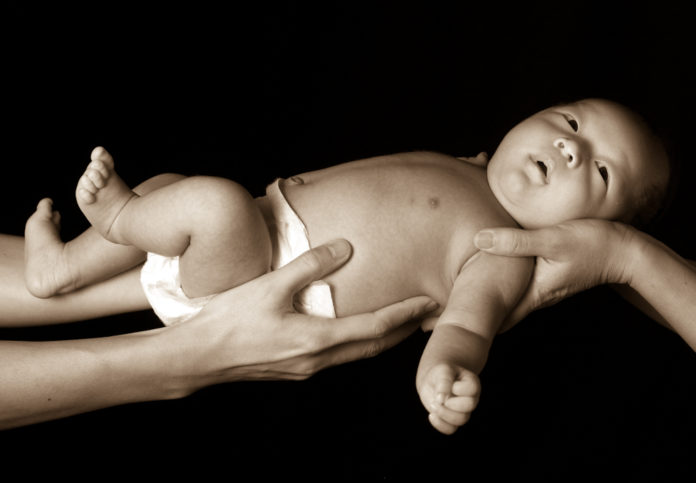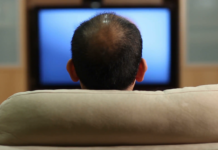The United Kingdom is close to allowing a three-parent baby which will have the DNAs of three parents instead of two. Medically it is known as Mitochondrial Replacement Therapy(mDNA), and helps to avoid diseases that are transmitted through the DNA found in cell mitochondria.
But there are concerns that the process will bring along its own set of medical concerns.The mDNA affects a child’s body and uses a lot of energy, this further causes problems like loss of muscle coordination, neurological problems, autism, heart disease, diabetes, poor growth, liver disease, etc.
In Mitochondrial Replacement Therapy, the fertility doctors remove the faulty mitochondria and substitute it with a healthy version from the donor egg.
Scientists at the University of Newcastle, which is leading in the therapy, said, “We are poised to submit an application to the Human Fertilisation and Embryology Authority (HFEA) and hope to treat 25 women per year with National Health Service (NHS) funding.”
The HFEA is likely to give this treatment the go-ahead on December 15. The first batch of women to undergo the treatment can be as soon as in March or April 2017.
The first batch of mothers will be chosen after a meticulous process. They will be observed and will have their experiences written in scientific journals.
The Controversy
Mitochondrial Replacement Therapy has been in controversy since it’s inception. Opponents questioned its ethics and say it will lead to “designer babies”.
Another question is whether altering an embryo’s genetic make-up affects the baby’s emotional well-being.
David Clancy, from the faculty of health and medicine at the University of Lancaster, said the technique was “currently imperfect.” 1 in 30 women, who receive the treatment, could still give birth to a child with an inherited disease, he predicts.
The Roman Catholic Church also opposes the move, pointing out that it would involve the destruction of human embryos as part of the process. The Church of England has said ethical concerns “have not been sufficiently explored”.
However, Robert Meadowcroft, head of Muscular Dystrophy U.K., described it as “a major step” towards effective treatment for the 2,500 women in Britain who are currently affected.
“This pioneering technique could give women with mitochondrial disease the chance to have a healthy child, without the fear of passing on this condition which can lead to babies born with this condition having multiple disabilities and indeed life-limiting impairments,” he said.
Mitochondria makes up only 0.1 percent of a person’s DNA and is always inherited from the mother. This does not have any affect on the appearance and personality. It is separate from the DNA which consists of majority of an individual’s genes.



























